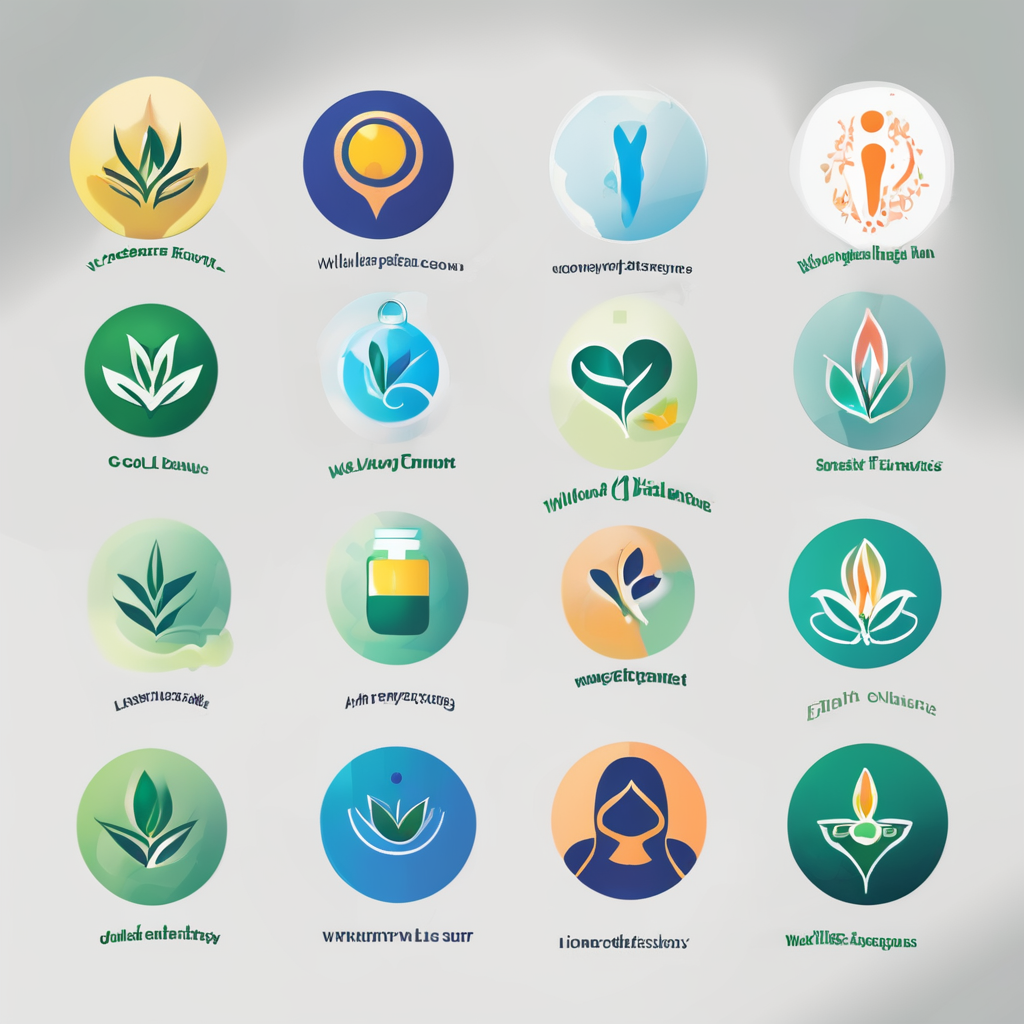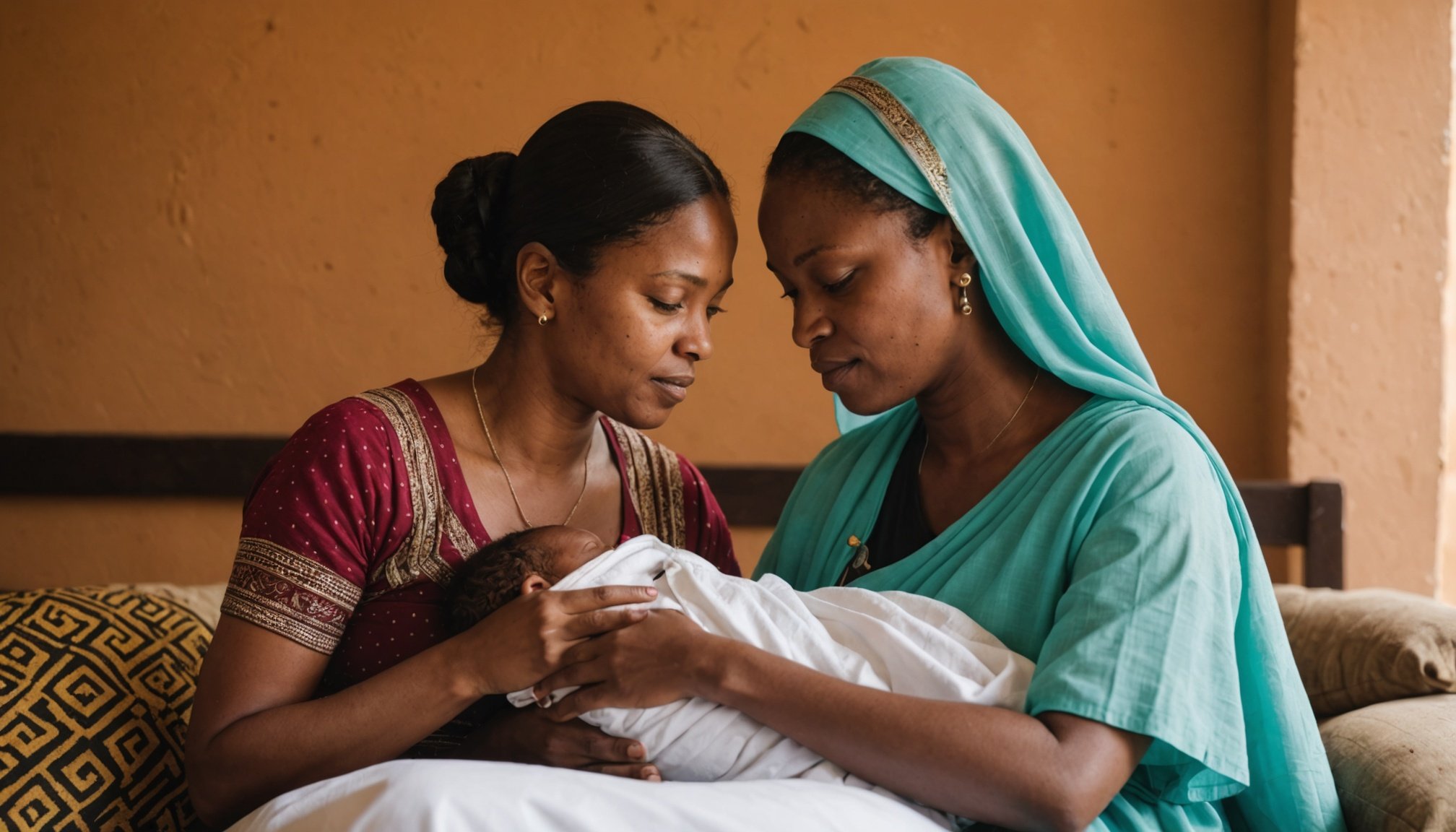Pregnancy is a profound journey filled with a tapestry of emotions, hopes, and expectations. Across cultures, the path to childbirth is not just a biological process but a rich narrative woven with unique beliefs and practices that have evolved over centuries. These cultural nuances play a pivotal role in shaping the experience and healthcare decisions of pregnant women. As you navigate this life-altering journey, understanding the diverse cultural perspectives can enhance the experience and provide deeper insight into the shared human experience of bringing new life into the world.
In this article, we delve into how cultural beliefs and practices impact pregnancy and childbirth, with a special focus on Ethiopia. Drawing from studies, google searches, and extensive research from sources like PubMed and Crossref, we aim to provide an informative view for our readers. Join us as we explore the influence of cultural landscapes on maternal health, the diverse practices followed, and the significance of these traditions in shaping a woman’s journey to motherhood.
Also to discover : How can pregnant women use mindfulness practices to enhance their overall pregnancy experience?
The Role of Cultural Beliefs in Shaping Pregnancy Experiences
Cultures around the world have their unique beliefs and customs that deeply influence the experience of pregnancy. These beliefs not only guide expectant mothers but also impact the broader community’s approach to maternal care.
Cultural Narratives and Maternal Health
In many traditions, pregnancy is seen as a mystical journey, often accompanied by rituals and taboos. For instance, in some African cultures, it is believed that certain foods can harm the unborn child, thus guiding dietary practices. Such beliefs, while rooted in tradition, can sometimes clash with modern medical advice, influencing women’s health choices.
Also read : What role does genetics play in prenatal health and potential complications?
Ethiopia’s Rich Tapestry of Traditions
In Ethiopia, the celebration of pregnancy is intertwined with rich traditional practices. It is not uncommon for expectant mothers to follow specific dietary restrictions believed to ensure a healthy pregnancy and safe birth. Communities often hold ceremonies to bless both the mother and the unborn, reflecting the deep spiritual connection associated with pregnancy.
Cultural Practices and Healthcare Decisions
The impact of cultural beliefs extends to maternal healthcare. In some Ethiopian communities, traditional birth attendants play a pivotal role, often preferred over modern healthcare facilities. This preference is driven by a combination of trust in traditional practices and accessibility issues. However, it raises important questions about the integration of traditional and modern healthcare approaches.
Bridging Cultural and Medical Perspectives
For expectant mothers, navigating these diverse beliefs requires a delicate balance. It’s essential for healthcare providers to respect cultural practices while ensuring that medical care meets international standards. Open communication between women and healthcare professionals can help bridge this gap, ensuring both cultural respect and the health and safety of the mother and child.
Influence of Cultural Practices on Childbirth
Childbirth is a significant event marked by a variety of cultural practices worldwide. These traditions, often passed down through generations, influence how communities perceive and manage the birthing process.
Traditional Childbirth Practices
In many cultures, childbirth is a community event with specific protocols. In parts of Ethiopia, childbirth is accompanied by rituals and ceremonies that are believed to protect the mother and child from harm. These practices often reflect a community’s collective wisdom and values surrounding birth.
The Role of Birth Attendants
Traditional birth attendants (TBAs) hold an esteemed position within many communities. Their knowledge of traditional methods, combined with cultural familiarity, makes them indispensable to many families. However, while TBAs offer culturally resonant care, there’s an ongoing dialogue about integrating their role with modern healthcare systems.
Modern Healthcare and Cultural Practices
As healthcare evolves, there emerges a need to harmonize traditional and modern childbirth practices. For instance, some Ethiopian communities have started incorporating prenatal and postnatal care into their traditions, recognizing the importance of both cultural and medical support.
The Future of Culturally Competent Care
In today’s multicultural societies, it is crucial to foster an understanding of diverse childbirth practices among healthcare professionals. Training healthcare providers in cultural competence ensures that they can offer respectful and effective care to women from varied cultural backgrounds. This approach not only enhances patient satisfaction but also improves maternal and neonatal outcomes.
Impact of Cultural Beliefs on Postnatal Care
Postnatal care is vital for both mother and child, yet cultural beliefs significantly influence how this care is perceived and delivered. Understanding these beliefs can help in providing more effective postnatal support.
Cultural Rituals in the Postpartum Period
The postpartum period, often referred to as the “fourth trimester,” is laden with rituals in many cultures. In Ethiopia, the “Amagud” ceremony marks the mother’s return to the community after a period of seclusion. This time allows for physical recovery and is believed to protect the mother and baby from evil spirits.
Nutrition and Recovery
Dietary practices during the postpartum period are guided by cultural beliefs. Some Ethiopian communities emphasize nutrient-rich foods to aid recovery and boost milk production. Such practices highlight the importance placed on maternal nutrition as a cornerstone of postnatal care.
The Role of Community Support
Community involvement is a hallmark of postnatal care in many cultures. Extended family and community members often provide the necessary support, sharing the responsibility for the mother’s recovery and the newborn’s care. This network not only offers practical assistance but also emotional and psychological support, essential for the mother’s well-being.
Integrating Traditions with Modern Care
To enhance postnatal care, it is essential to integrate cultural traditions with modern medical practices. Healthcare providers can play a crucial role by respecting these traditions while offering evidence-based guidance for maternal and infant health. This integrated approach can improve postnatal outcomes and ensure that cultural practices continue to support, rather than hinder, maternal health.
In exploring how cultural beliefs and practices shape the experience of pregnancy and childbirth, it becomes evident that these traditions are more than just rituals; they are a vital part of a woman’s journey to motherhood. From the rich tapestry of customs in Ethiopia to the diverse practices worldwide, cultural narratives play a pivotal role in guiding experiences and healthcare decisions.
As we look towards the future, embracing cultural diversity in maternal healthcare presents an opportunity to enrich the quality of care for women globally. By acknowledging and respecting these cultural practices, healthcare systems can offer more personalized and effective care, ensuring that every woman has a safe and fulfilling journey to motherhood. Whether through traditional birth attendants or modern medical practitioners, the goal remains the same: to support, nurture, and protect both the mother and her unborn child during this remarkable life phase.
As you embark on your journey or support someone through theirs, remember the power of cultural beliefs not as barriers but as bridges that connect us all in the shared human experience of life and birth.











